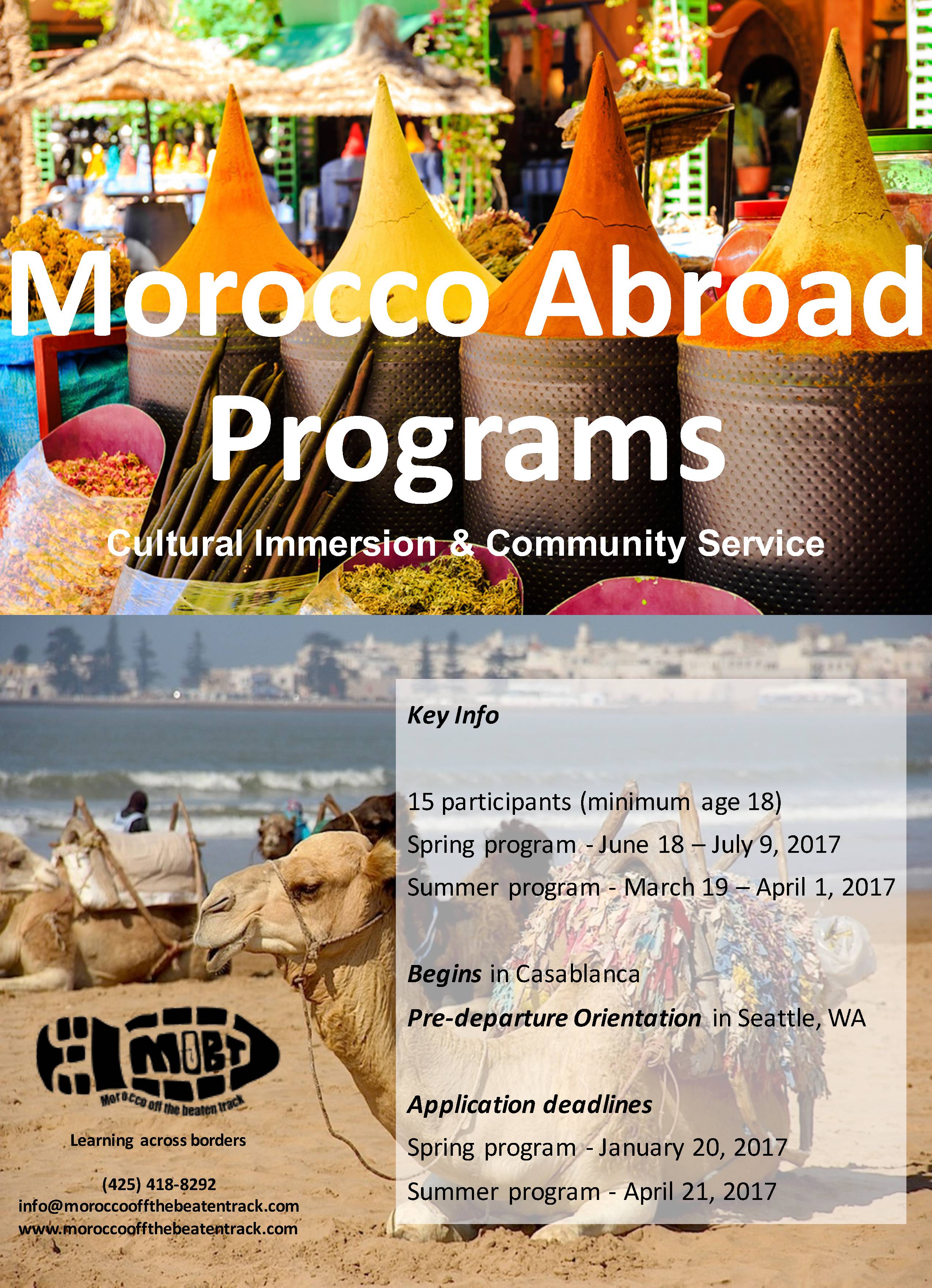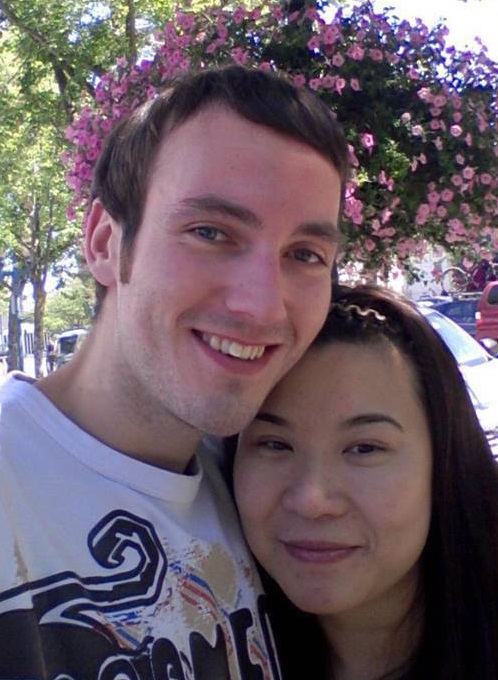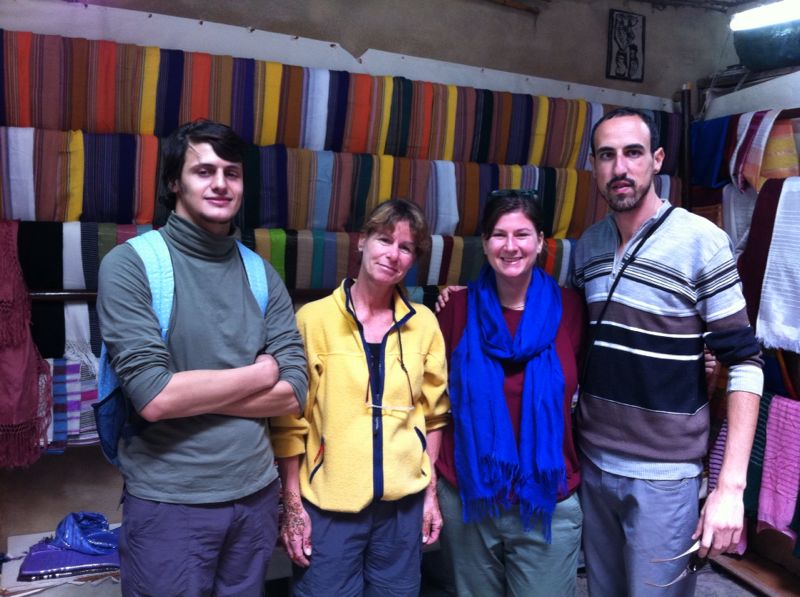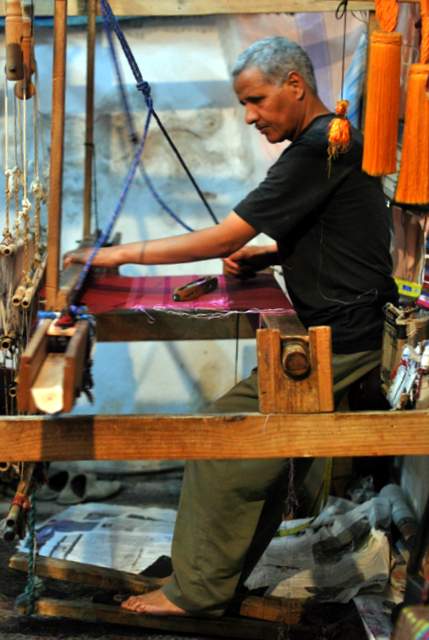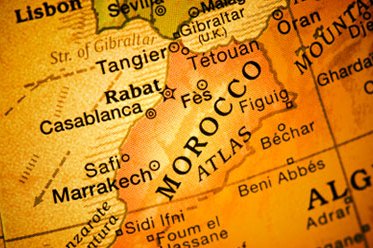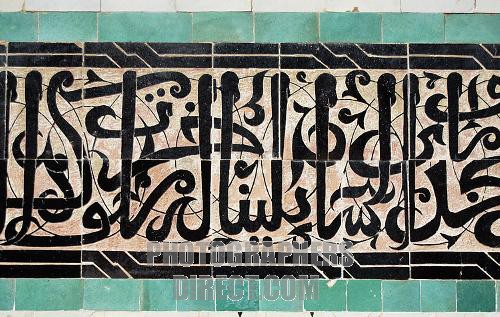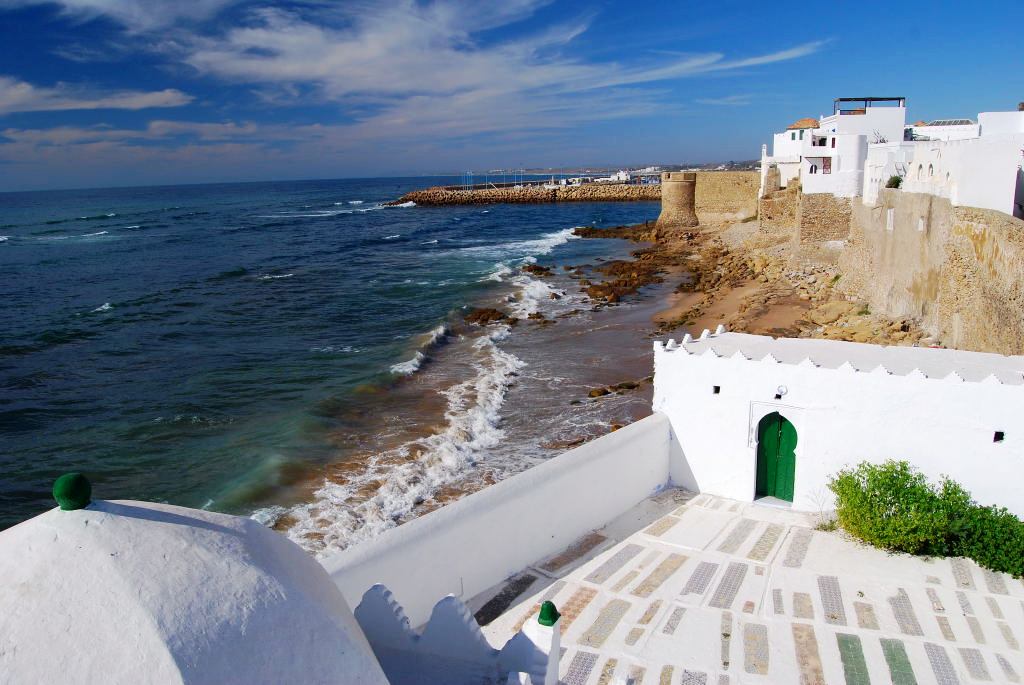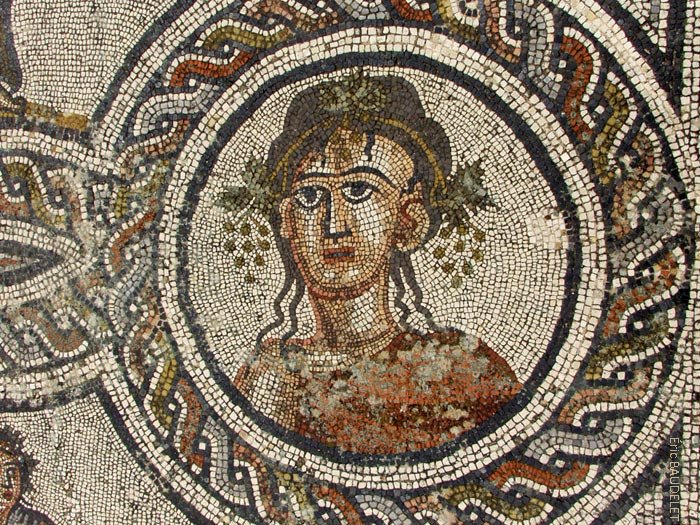
The Phoenician and Roman Empires stretched up to Morocco; Vandals and Byzantines invaded; Arabs conquered North Africa in the 7th century; Jews settled centuries ago; Moroccan dynasties rose and fell; the Portuguese, the French and Spanish have all been here and left their marks.
Berber tribes: Morocco is still populated by the descendants of an ancient race that has inhabited Morocco since Neolithic times. Though the country has long been dominated by the Arabs, Berbers have managed to hang onto their culture with amazing tenacity.
Islam, the faith of most Moroccans except a diminishing Jewish community and a small European colony, provides the foundation for the nation's spiritual life and the traditional social system. Practice in many regions is unorthodox and the demands of industrialization organization have made the traditional devotion difficult for those employed in the modern sector. The constitution guarantees freedom of religion, describes the nation as Muslim and the king as the "Amir El Mouminin", or commander of the faithful. Although many practices and beliefs of the Berbers, as well as other rural and urban inhabitants, deviate from, the orthodox Islam of the Koran, personal devotion to the religion has rarely wavered. The Islam practiced in Morocco is considerably less strict than that in other parts of the Muslim world, although Moroccans follow Islam to the letter during Ramadan, the holy month.
Perceptible differences between Islamic and Western worldviews may be a source of conflict and contention, but they are also hold potential for profound insight into both cultures and individuals. Unlike Western societies where atheism is acceptable or even fashionable, for the Moroccan a life without God would be unthinkable. Islam is a very important element in their lives, and one that Moroccans love to discuss. For travelers open to heightening their cultural and self awareness, Morocco offers countless opportunities for genuine cross-cultural connection.

